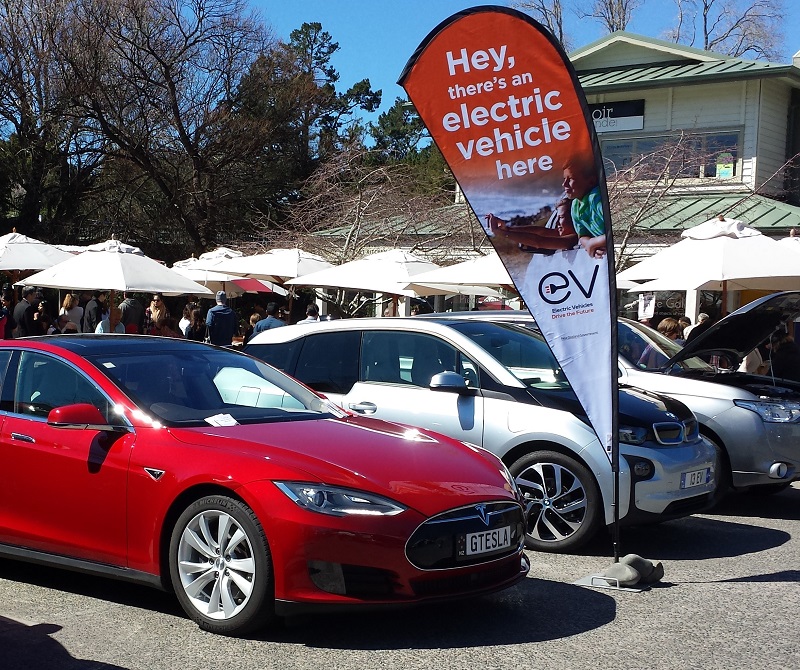By Cassie Gavin
Senior Director of Government Affairs
North Carolina has 27 cities or counties that have passed a 100 percent renewable energy resolution for some future date (2030 or 2050). One important way they can fulfill those resolutions is by changing over their government fleets to electric vehicles.
The N.C. Sierra Club is ready to help. First, we wanted to find out how these 27 jurisdictions are doing now in adding electric vehicles into their operations.
We sent a survey to all of the sustainability directors and fleet managers from these 27 cities and counties to ask them several questions:
- Is vehicle electrification part of your government energy plan?
- What are the top obstacles to electrifying the fleet?
- Is total cost of ownership part of vehicle purchasing decisions?
- Do you have a cross-functional team (staff from different departments) for guidance and buy-in?
 We had a 30 percent response rate, enough to get some good information on what we need to collectively work on. Here are some key results.
We had a 30 percent response rate, enough to get some good information on what we need to collectively work on. Here are some key results.
First, no jurisdiction that responded has a written plan for how to electrify its automobile fleet. Clearly, with a plan or guidance, success would be more likely.
Second, three key obstacles to electrification (apart from lack of a written plan) were identified: (1) cost, (2) lack of charging infrastructure, and (3) perception of no vehicle model available.
Survey respondents noted challenges with planning for how many EVs are needed, whether they need to be fully charged at the end of each day, or whether they are likely to be returned at different times and therefore need charging throughout the day. Furthermore, challenges were identified with planning infrastructure upgrades for charging and how to fund those costs.
Unfortunately, only 40 percent of the responding jurisdictions reported having a cross-functional team to provide guidance, making success more difficult by placing responsibility squarely on the shoulders of the fleet manager.
Going forward, the N.C. Chapter hopes that North Carolina’s $92 million Volkswagen settlement fund will be available to support EV charging infrastructure. We also hope that any funding from the federal Coronavirus Aid, Relief, and Economic Security Act (CARES) that is for public transit and isn't needed to protect transit workers and the public may be available for electric buses.
Our survey participants said that an ongoing dialogue would help them move toward a transition, and the Chapter is already working on data and guidance to assist.